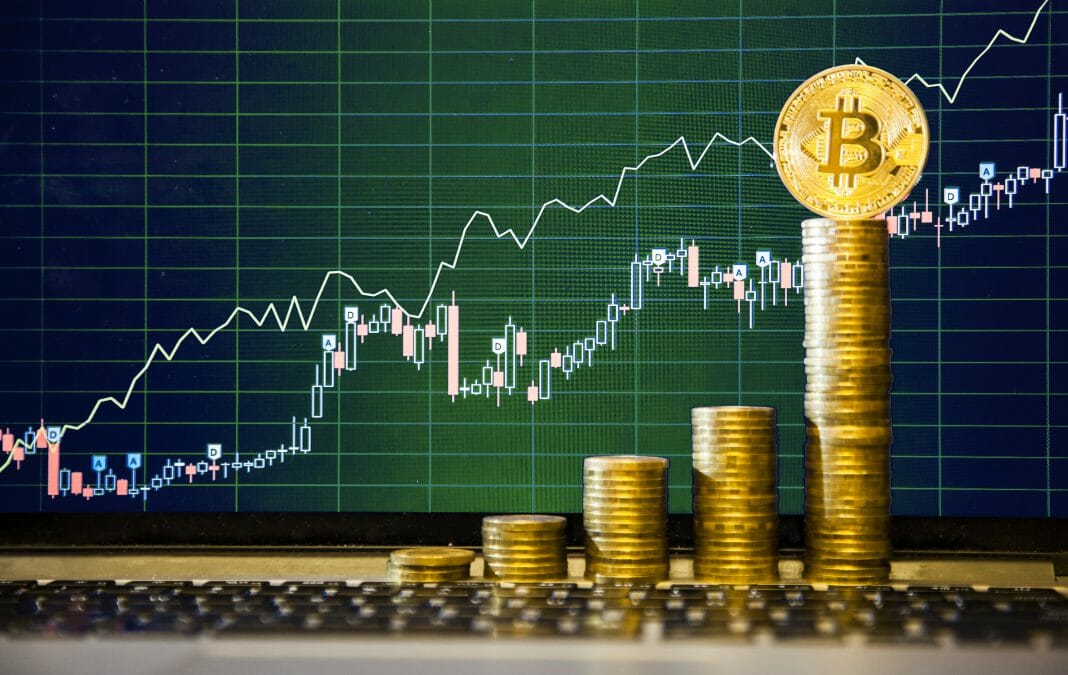The entity believes that the first cryptocurrency can revolutionize the international financial world
On November 27th, the World Trade Organization (WTO) published a report about the impact of blockchain technology on international trade. One study says that the global economic value could reach almost $ 3 billion in 2030, despite the ups and downs that the digital currency Bitcoin currently faces.
“The removal of barriers due to the block of chains could result in more than a trillion dollars of a new trade in the next decade”, the report said.
The study considers the technology’s effect in industries such as trade finance, customs clearance, logistics, and transport. “Blockchain and international trade: Opportunities, Challenges, and Implications for International Commercial Cooperation” is the document that analyzes the applications and challenges that blockchain has overcome —and still faces— in different fields of social organization.
According to WTO, blockchain has the potential to significantly reduce commercial costs by facilitating the automation of processes, including financial intermediation, the costs of the exchange rate and the characteristic transparency provided by blockchain technology.
BThe blockchainis expected to help manage intellectual property rights in multiple jurisdictions through greater transparency and efficiency. The objective is to improve public procurement processes, including the fight against fraud and the management of public contracts.
Another benefit of the chain of blocks is to improve food supply chains, allowing the tracking of shipments and demonstrating their authenticity and origin.
Blockchain challenges
The study also warns about the challenges that must be addressed, as well as about their impact on international trade. The researchers point out the limited scalability of the block of chains due to the predetermined size of the blocks; in addition to the high energy consumption.
In the text of the study, the World Trade Organization states: “Blockchain is highly resistant compared to traditional databases because of their decentralized and distributed nature and the use of cryptographic techniques, they are not completely immune to the challenges of traditional security”.
According to WTO, blockchain technology requires legal frameworks that guarantee the interoperability of networks and provide a clear status for transactions between jurisdictions. “Blockchain could make international trade smarter, but smart trade requires smart standardization, and smart standardization can only occur through cooperation. If we manage to create an ecosystem that leads to a broader development of blockchain, international trade could be radically different in ten or fifteen years”, the report adds.
Vitalik Buterin, Ethereum’s co-founder, recalled that an inadequate application of blockchain technology in some industries leads to a “waste of time”. In his opinion, although many companies work to establish higher standards using blockchain, he considers that this technology is not applicable in all industries.
But more and more analysts say blockchain could “rationalize” the current global systems for finance. Blockchain would make it easier to trade in consumer goods and give small businesses more credibility to start trading with large corporations. Blockchain could “level the playing field globally” for corporations of all sizes and promote greater market conditions for prolific trade and greater globalization.
By María Rodríguez











